Spoiler warning: This review contains information regarding seasons one and two of “Ginny and Georgia.”
When I was sick with Covid back in December, I cycled through a remarkably impressive array of bad television shows, chief among them being “Ginny & Georgia.” This Netflix series dropped its first season in 2021 and its second season in 2023, and since it was an Emmy nominee, I was pretty hopeful about the quality when I first began watching. Almost immediately afterward, however, I felt disappointed instead. The show is poorly written, contains a multitude of one-dimensional characters and is so full of irrelevant and odd subplots that the main storyline was oftentimes lost on me. Even with these factors in mind, I loved every second of “Ginny & Georgia” because although it isn’t very well made, it still did its best to tackle big and important topics, such as racism, body dysmorphia and mental health. Also, it was just straight-up fun to watch.
The show follows single mother Georgia Miller and her two children, Ginny and Austin, as they move from Texas to a rich town in Massachusetts in the wake of their stepfather’s death. Sounds pretty cookie-cutter, right? Except thirty-year-old Georgia gave birth to Ginny at the age of fifteen, Ginny has to navigate being biracial in a predominantly white town and Georgia actually murdered her ex-husband. There are about fifteen plot twists within the very first episode, and it makes the show feel overstuffed and hard to follow. Even so, it’s easy to forget all of this and focus on the entertaining relationship between the two main characters.
Fifteen-year-old Ginny is angsty and thoroughly unlikable (we’ll open that can of worms in a second), but she’s balanced out perfectly by her vivacious and flirtatious mother. The two have a close relationship that’s continuously challenged by Georgia’s many secrets, but from the very first episode, watching them interact is easily the most entertaining part of the show.
Lots of the show’s time is spent on Ginny by herself, though, and that’s where the problems start. Ginny is constantly angry (sometimes with good reason, sometimes without) at the people around her, and she lashes out at everyone in her life time and time again–but somehow, she still has a stable friend group, a slew of admirers and a doting boyfriend. She continuously abuses the trust her boyfriend has in her and cheats on him with her friend’s twin brother. She faces no consequences for her actions until the end of season one, when her best friend Max finds out about Ginny’s relationship with Max’s brother, and she subsequently loses all of her friends. Frankly, this development in the story was boring to watch, but it was also well deserved–Ginny was so irritating and bratty for the entirety of the season that she needed a harsh wake-up call.
But on the other hand, even though Ginny’s mother (and polar opposite) Georgia may make some pretty awful decisions throughout the series, she’s infinitely more likable than her daughter. The actress playing Georgia, Brianne Howey, did a phenomenal job portraying a complex and believable character. Is Georgia an objectively awful person? Maybe. But she also perfectly balances her daughter’s teenage angst, propels the plot like no other character can, and has the best lines of anyone in the show.
The real magic happens when Ginny and Georgia are on screen together. The two of them have frank conversations about topics like drugs and sex (all of which make Ginny vehemently uncomfortable), but they also speak openly about race. Ginny’s dad, Zion, is Black, which creates a lot of obstacles for a biracial Ginny. She has to deal with a racist teacher, tokenization from her white classmates, and hurtful comments from all sides. Georgia doesn’t always get what Ginny’s going through, but their (mostly) healthy relationship and open dialogue about difficult topics makes them a genuinely likable pair.
The show also tackles mental health through Ginny and her season two boyfriend Marcus. Ginny is in a pretty bad state throughout most of the second season, and since she’s dealing with her own internal struggles, she doesn’t really notice what Marcus is going through until after he breaks up with her. It’s an emotionally honest depiction of depression from both Ginny and Marcus, which makes season two much heavier than season one, but it also elevates the plot and depth of content presented.
Even though there are certain serious plot points, overall, the show is just plain fun to watch. The dynamic between Ginny and her friends is funny and cringey all at once, and all the drama and love triangles the characters deal with is something I’d hate to be a part of but always love to watch. This drama is the standout part of the show, and it’s what makes me keep coming back to it time and time again, despite the numerous imperfections.
On this blog, members of the Carmel High School chapter of the Quill and Scroll International Honorary Society for High School Journalists (and the occasional guest writer) produce curations of all facets of popular culture, from TV shows to music to novels to technology. We hope our readers always leave with something new to muse over. Click here to read more from MUSE.











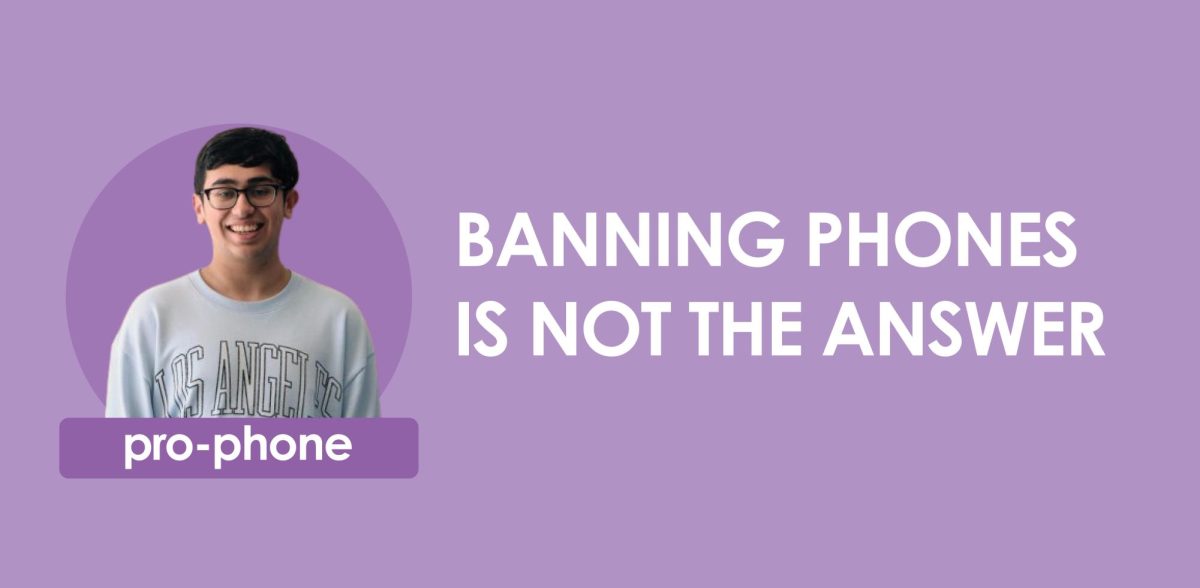
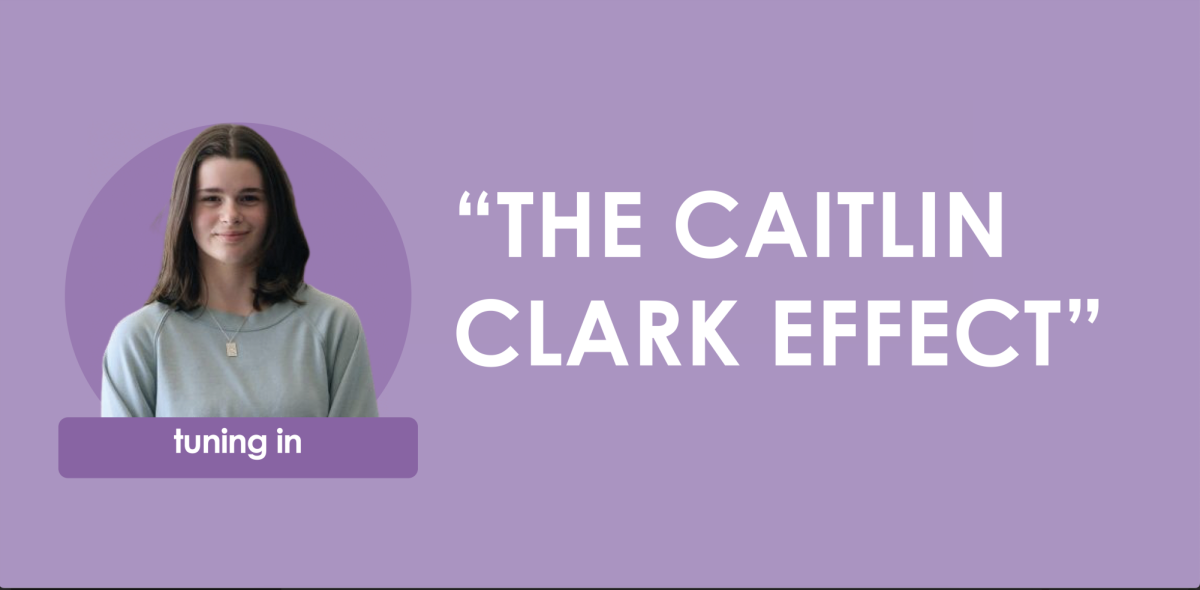







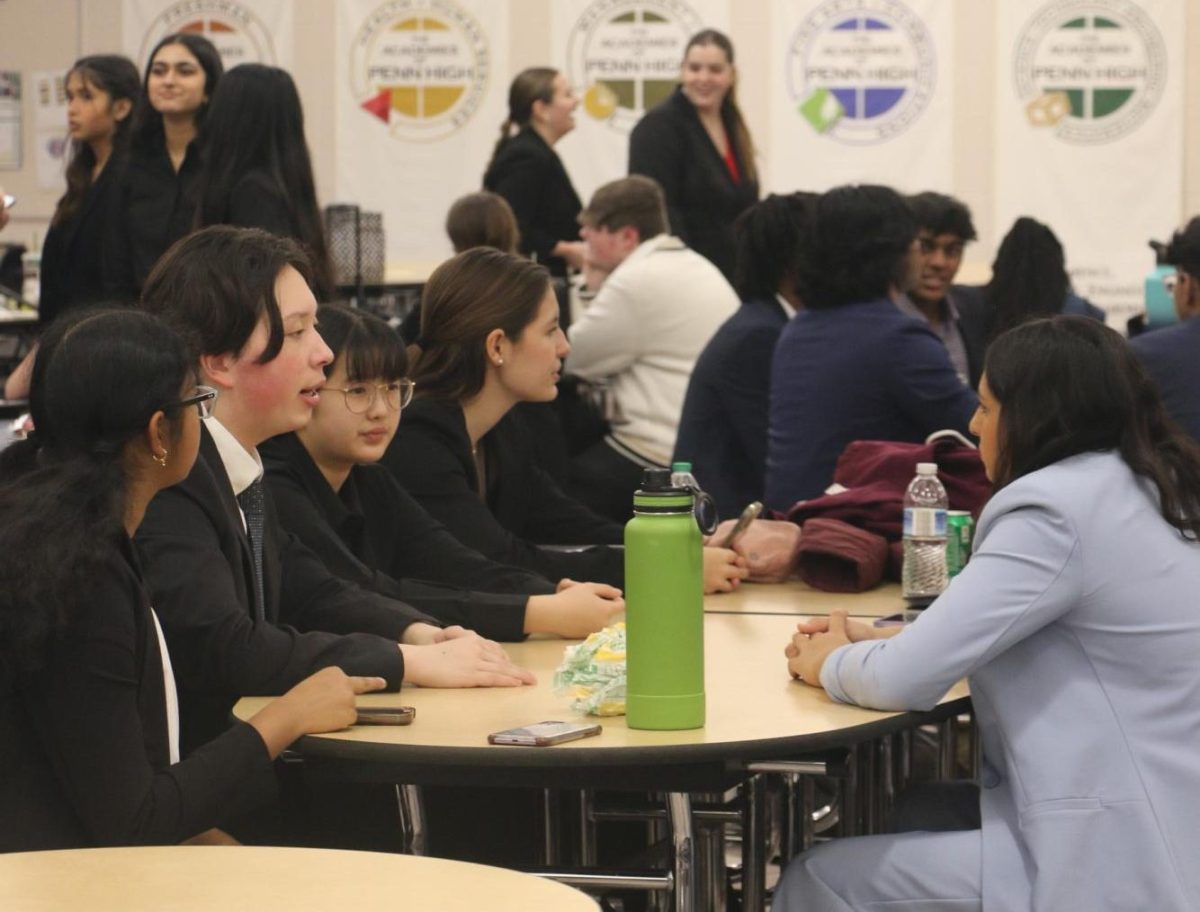









![Family vlogger controversy, need for content reform [opinion]](https://hilite.org/wp-content/uploads/2024/05/Screenshot-2024-05-14-11.33.37-AM-1200x465.png)
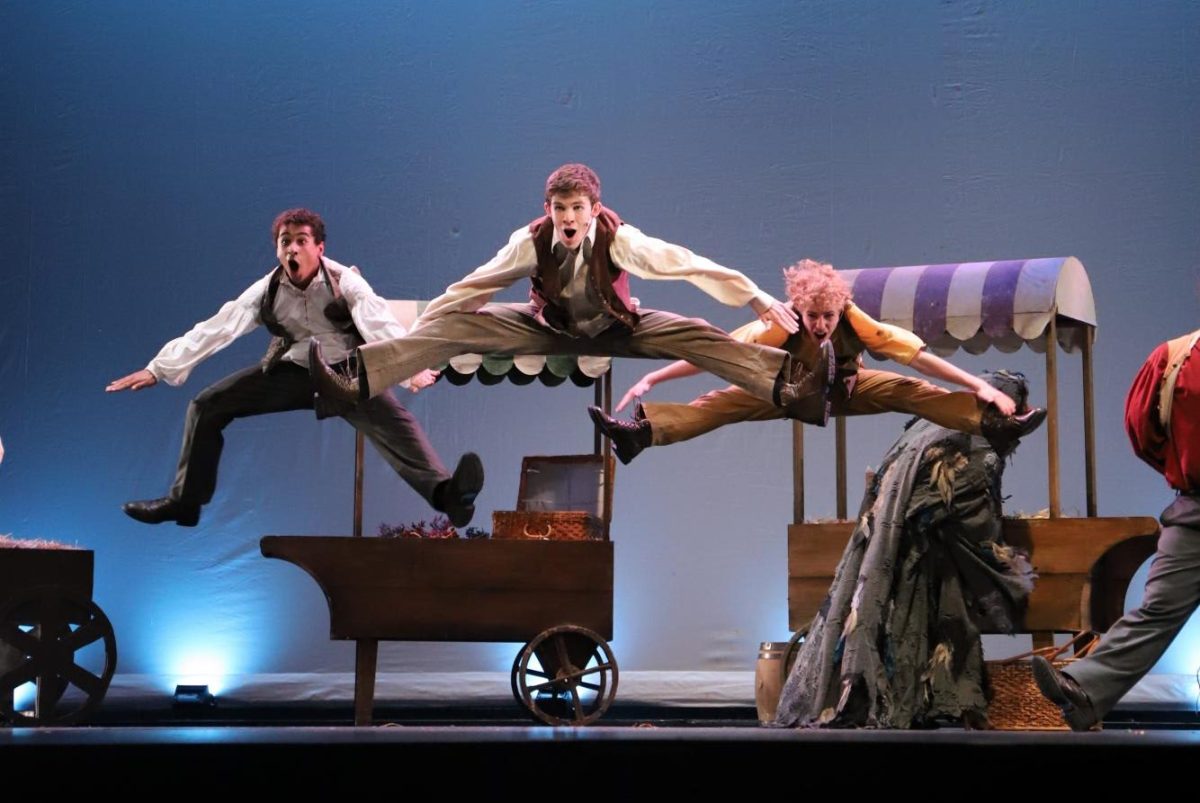
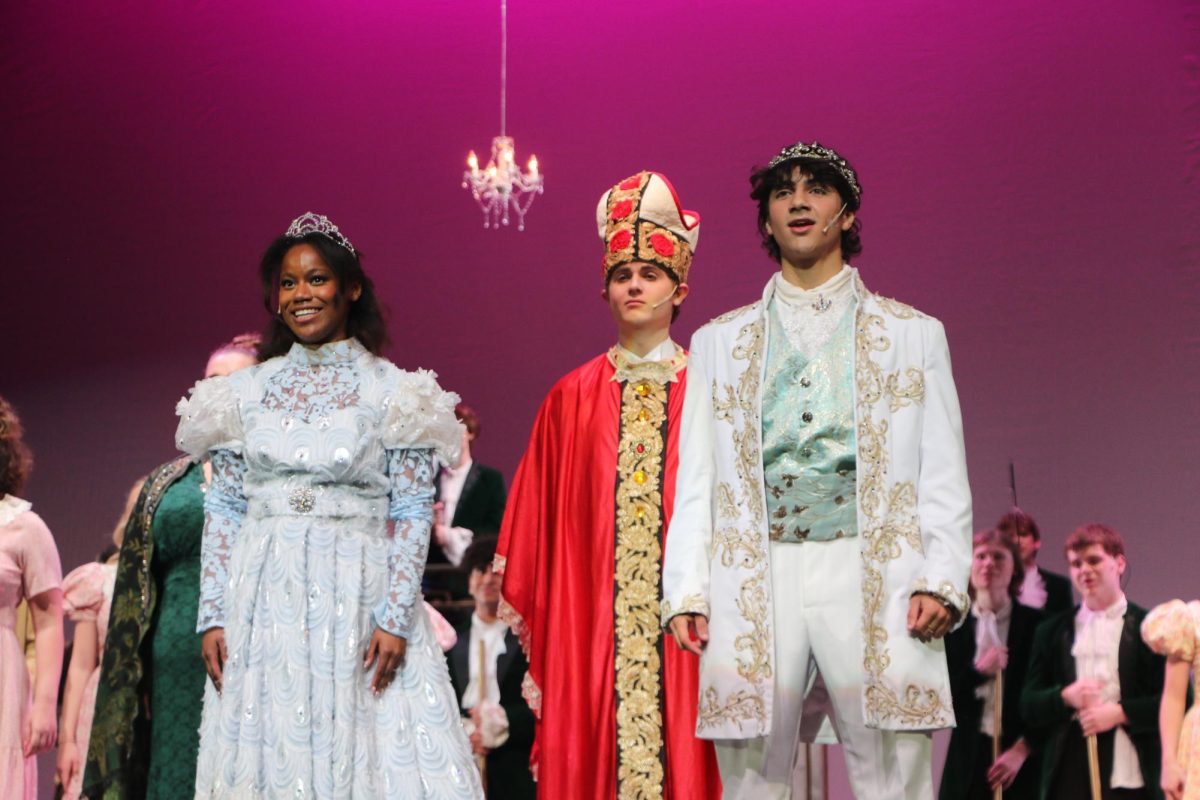



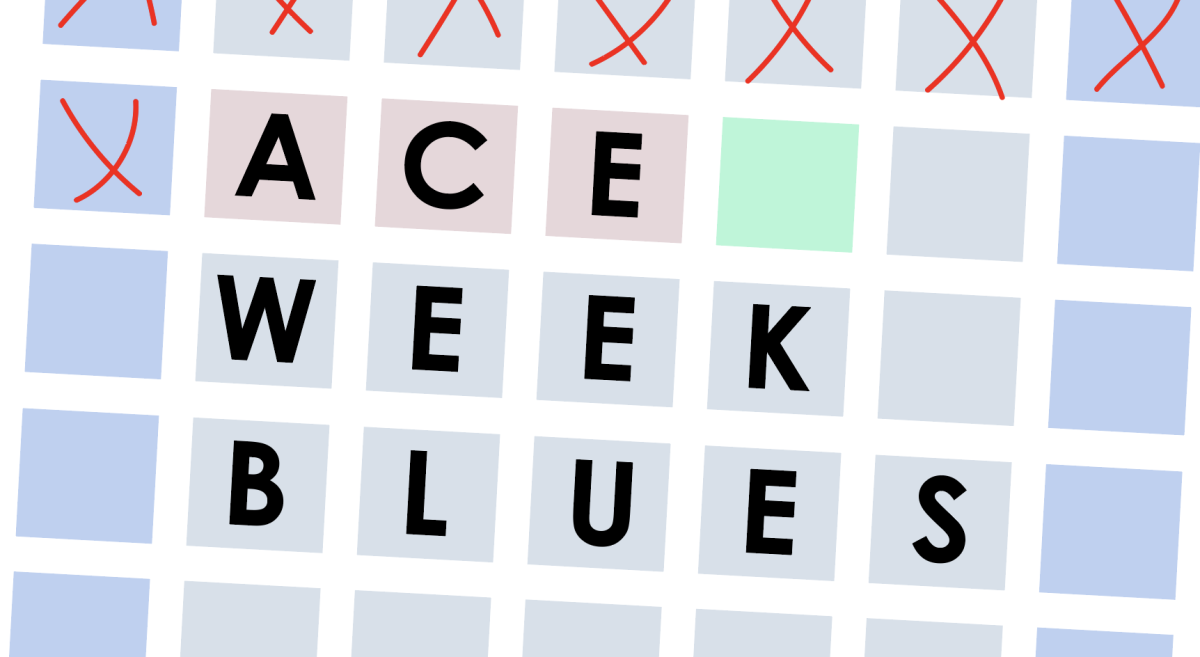
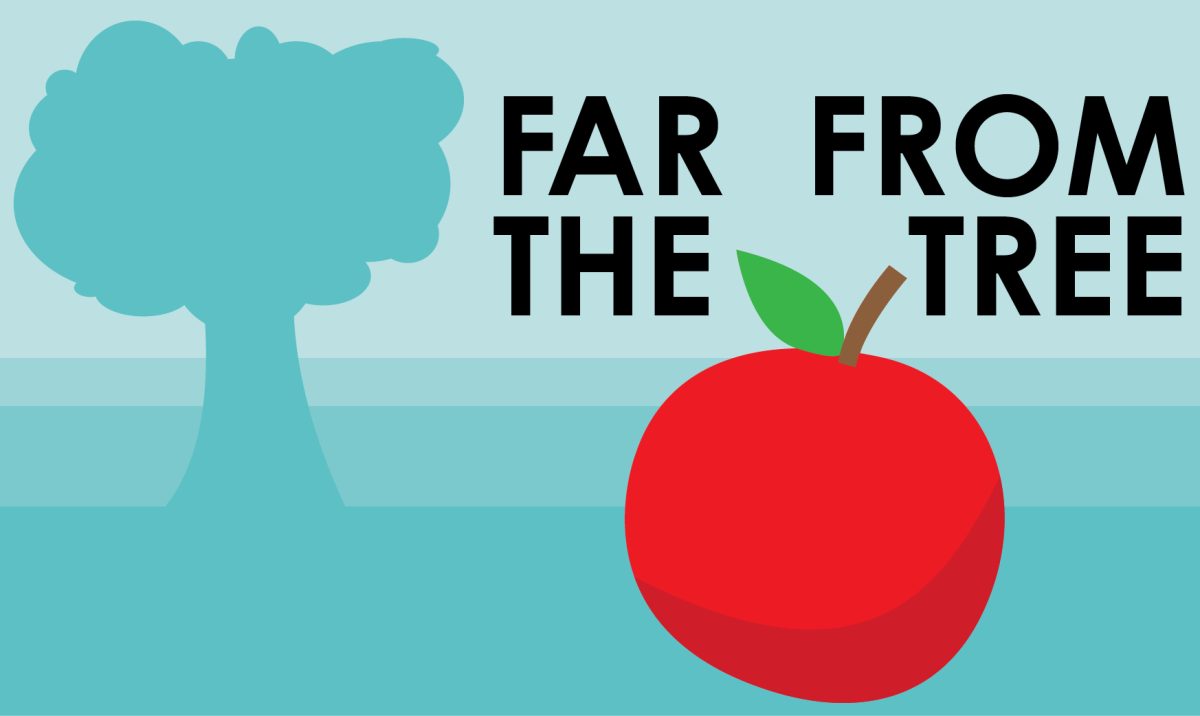
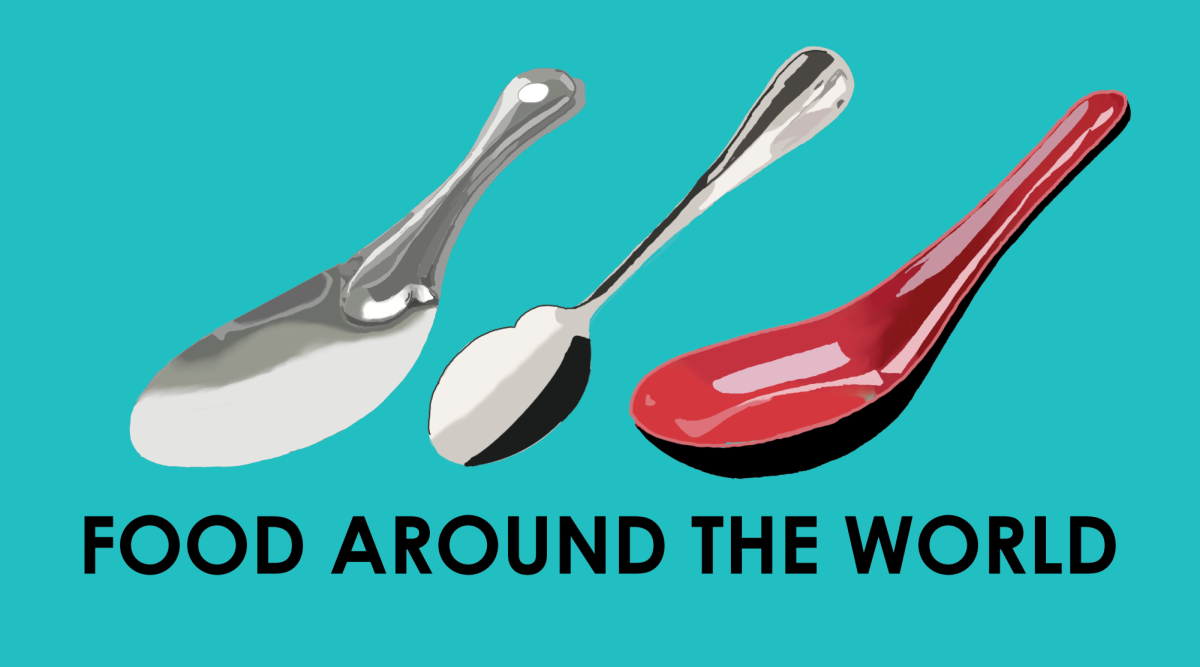






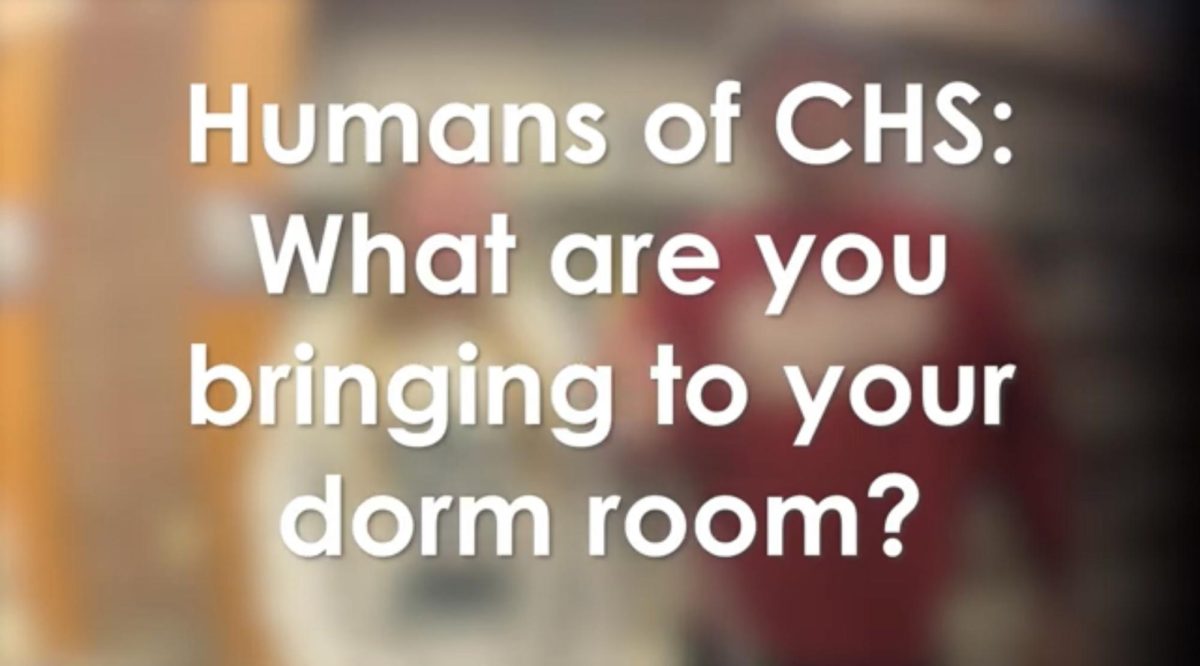













![Review: Taylor Swift’s new album The Tortured Poets Department is not her best work but is still a brilliant album [MUSE]](https://hilite.org/wp-content/uploads/2024/05/The-Anthology_Cover-1200x675.webp)
![Review: Challengers does it all [MUSE]](https://hilite.org/wp-content/uploads/2024/05/challengers-poster-1200x600.png)
![Review: A House of Flame and Shadow by Sarah J. Maas was a disappointing read [MUSE]](https://hilite.org/wp-content/uploads/2024/05/house-of-flame-and-shadow-feature.png)
![Review: Conan Gray’s new album, “Found Heaven”, is a refreshing twist on modern music [MUSE]](https://hilite.org/wp-content/uploads/2024/05/Screenshot-2023-10-31-at-16.01.05.webp)
![Review: “Bodies, Bodies, Bodies” is the quintessential Gen-Z movie [MUSE]](https://hilite.org/wp-content/uploads/2024/05/Screenshot-2024-05-15-140618.png)
![Review in Print: Maripaz Villar brings a delightfully unique style to the world of WEBTOON [MUSE]](https://hilite.org/wp-content/uploads/2023/12/maripazcover-1200x960.jpg)
![Review: “The Sword of Kaigen” is a masterpiece [MUSE]](https://hilite.org/wp-content/uploads/2023/11/Screenshot-2023-11-26-201051.png)
![Review: Gateron Oil Kings, great linear switches, okay price [MUSE]](https://hilite.org/wp-content/uploads/2023/11/Screenshot-2023-11-26-200553.png)
![Review: “A Haunting in Venice” is a significant improvement from other Agatha Christie adaptations [MUSE]](https://hilite.org/wp-content/uploads/2023/11/e7ee2938a6d422669771bce6d8088521.jpg)
![Review: A Thanksgiving story from elementary school, still just as interesting [MUSE]](https://hilite.org/wp-content/uploads/2023/11/Screenshot-2023-11-26-195514-987x1200.png)
![Review: When I Fly Towards You, cute, uplifting youth drama [MUSE]](https://hilite.org/wp-content/uploads/2023/09/When-I-Fly-Towards-You-Chinese-drama.png)
![Postcards from Muse: Hawaii Travel Diary [MUSE]](https://hilite.org/wp-content/uploads/2023/09/My-project-1-1200x1200.jpg)
![Review: Ladybug & Cat Noir: The Movie, departure from original show [MUSE]](https://hilite.org/wp-content/uploads/2023/09/Ladybug__Cat_Noir_-_The_Movie_poster.jpg)
![Review in Print: Hidden Love is the cute, uplifting drama everyone needs [MUSE]](https://hilite.org/wp-content/uploads/2023/09/hiddenlovecover-e1693597208225-1030x1200.png)
![Review in Print: Heartstopper is the heartwarming queer romance we all need [MUSE]](https://hilite.org/wp-content/uploads/2023/08/museheartstoppercover-1200x654.png)











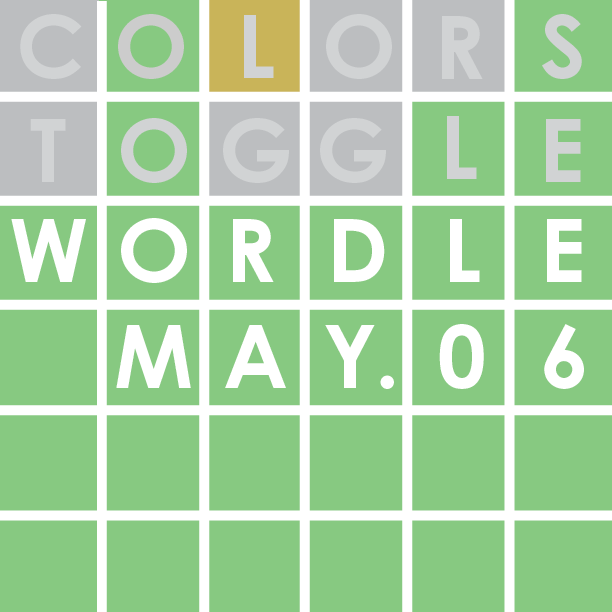

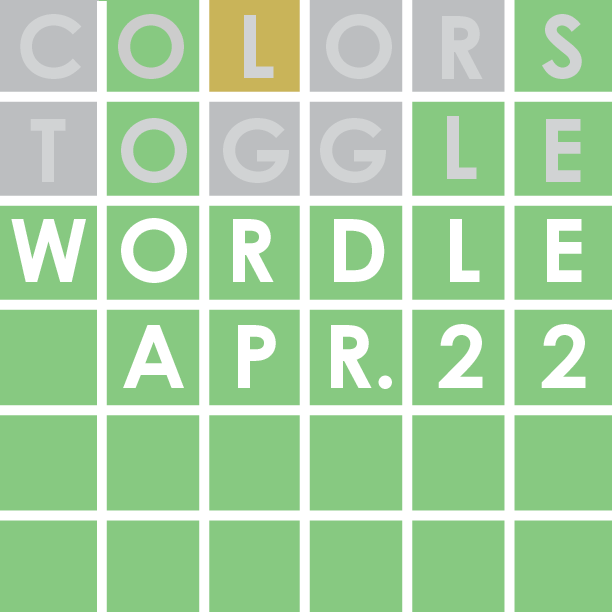

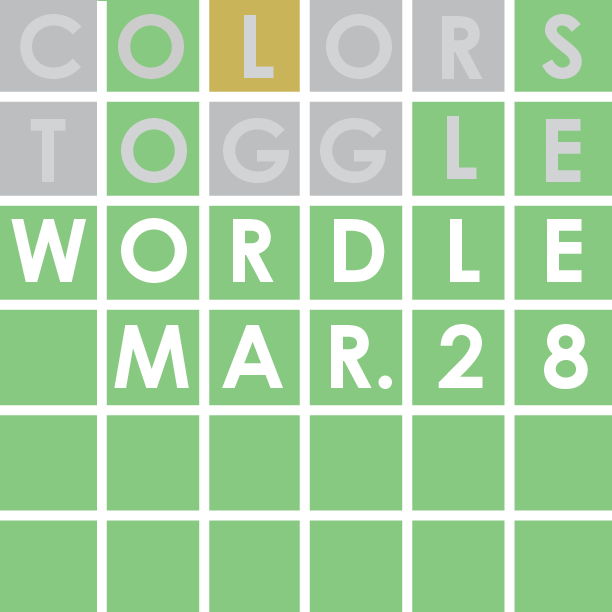






![Review: “Ginny & Georgia” is a dramatic and poorly made emotional rollercoaster–and I loved it anyway [MUSE]](https://hilite.org/wp-content/uploads/2024/03/ginny-and-georgia-season2-main-be37bbb9487a41e88b3f66c3baacd5c3-300x177.jpg)
![Review: Witch Hat Atelier is a masterpiece in art and world-building, but the story has only begun [MUSE]](https://hilite.org/wp-content/uploads/2024/01/unnamed-211x300.png)
![Review: “Mysterious Lotus Casebook” is an amazing historical Chinese drama [MUSE]](https://hilite.org/wp-content/uploads/2024/03/0-300x170.webp)
![Review: “A Little Life” by Hanya Yanagihara is the epitome of a heartwrenching masterpiece [MUSE]](https://hilite.org/wp-content/uploads/2024/01/unnamed-5-300x200.png)


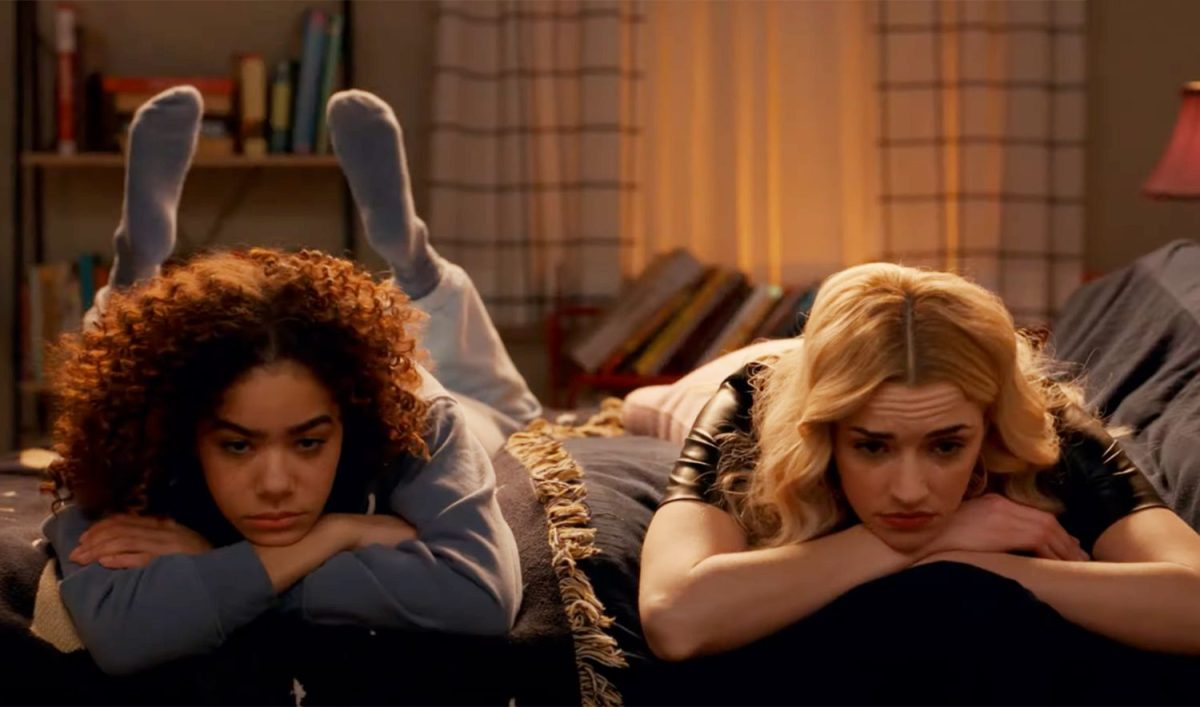
Karen Hill • Apr 10, 2024 at 9:13 pm
That is just your opinion I love it!!